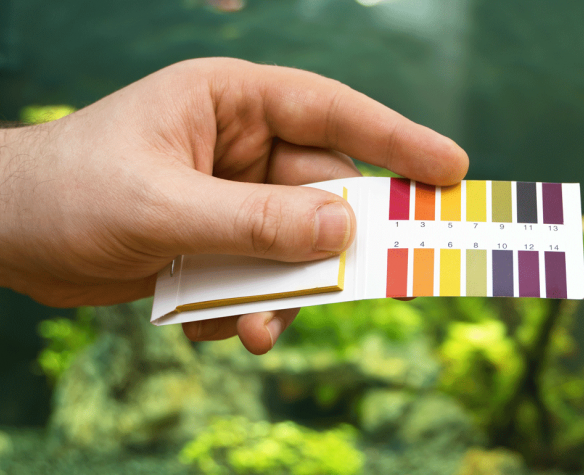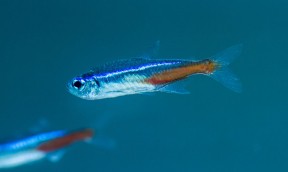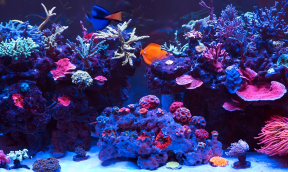
Water Treatment
Aquarium Test
-
Nitrites should be practically undetectable in aquariums which a normal established biological cycle. If the nitrite level is too high (from 0.5 mg/L), you should replace 2/3 of the water in your aquarium and aerate the water.
-
pH determines the degree of acidity/alkalinity in aquarium water, and should be 6.5-8.5 depending on the species found in the aquarium.
-
KH (or carbonate hardness) indicates the sum of the carbonate and bicarbonate concentrations in water which constitute the alkaline reserve. An imbalance in this measurement may cause sudden changes in pH. The KH should never be too low as this could eliminate the “buffer effect”, resulting in an unstable pH. As a general rule, a value of 6.72°KH is a good compromise for a multi-species freshwater aquarium.
-
TH (total hardness) indicates the concentration of calcium and magnesium salts, and should match your fish’s native environment.
-
Chlorine (Cl) is often found in tap water used when changing the water. It is essential to check your aquarium’s chloride content regularly, which should be zero, as chlorine irritates and burns the gills, causing slow agonising suffocation.
We recommend testing your aquarium water once a week, to provide your fish with an ideal living environment.



